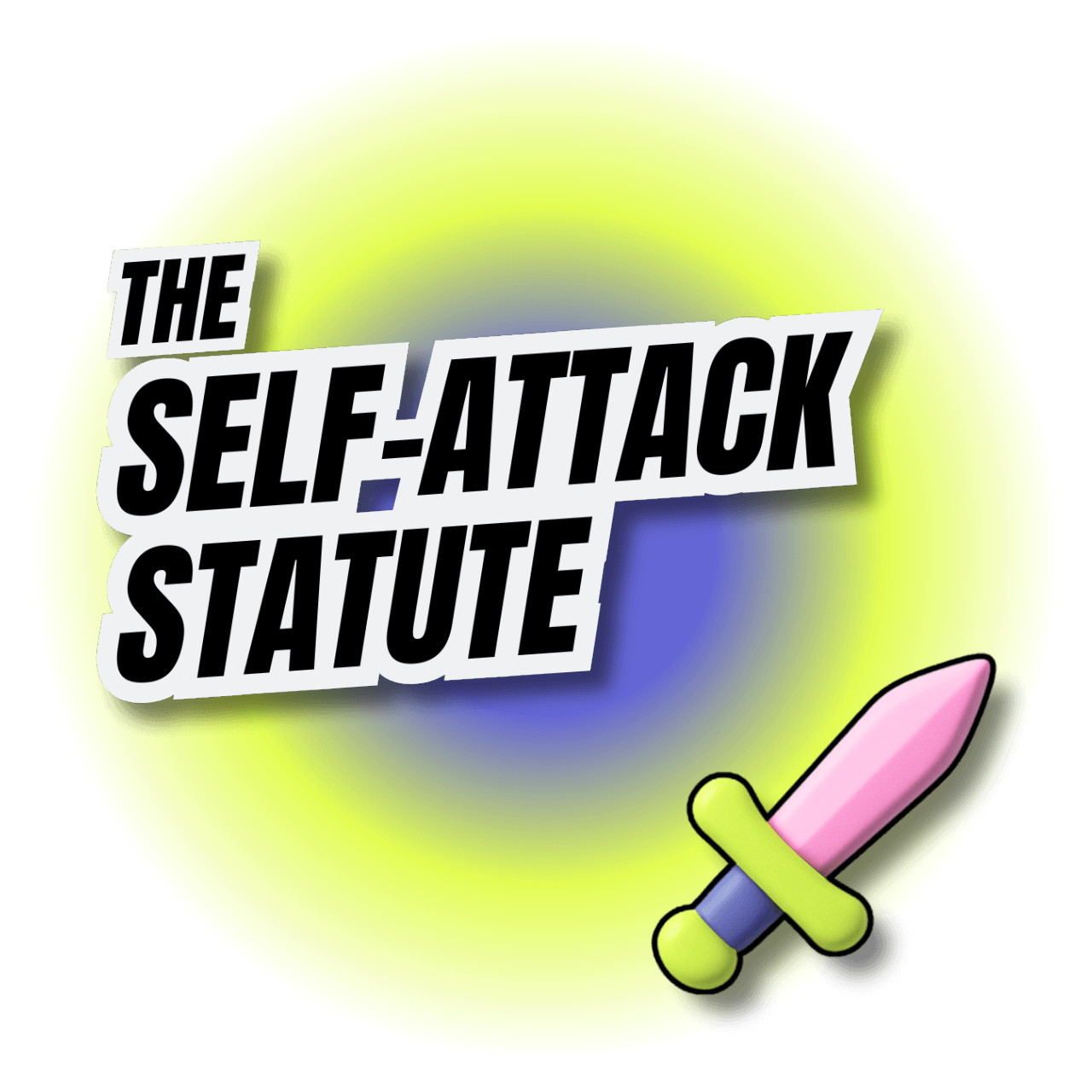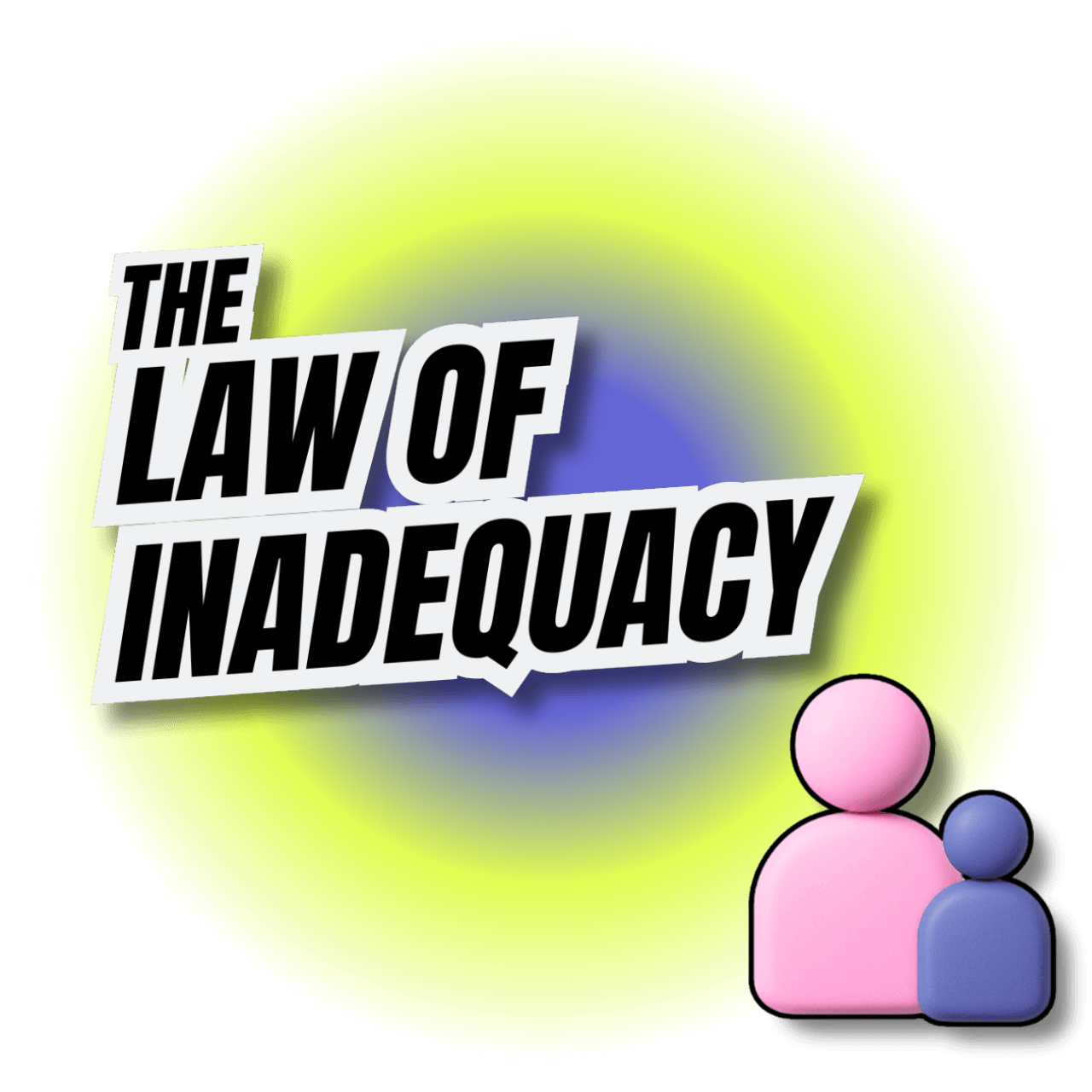Discover Which Hidden Rules Keep You Trapped in Fear of Social Situations
If you've ever experienced that overwhelming sensation where everyday social situations feel like you're under a spotlight, with intense fear washing over you while others seem perfectly at ease, you're not alone. This particular type of anxiety disorder affects millions of people, yet remarkably few seek help from mental health professionals.
I'm Oliver Drakeford, a licensed therapist specializing in helping people with social anxiety disorders, among others, in Los Angeles. Over nearly a decade of practice, I've developed this diagnostic tool to help you understand the unconscious patterns driving your fears. Unlike typical anxiety tests that list symptoms, this assessment reveals the hidden "rules" that maintain your distress.
Understanding Sociaal Anxiety Disorders: When Fear Controls Your Daily Life
What we commonly call social anxiety goes far beyond simple shyness or nervousness. It's an incredibly common mental health disorder characterized by persistent, irrational anxiety in social settings that significantly impacts daily activities. The physical symptoms can be overwhelming - racing heart, sweating, trembling, and even panic attacks that make you want to flee.
This condition has deep evolutionary roots. Our ancestors needed group acceptance for survival, so our brains developed sophisticated alarm systems to prevent social rejection. In modern times, this same mechanism treats a work presentation or dinner party as a life-threatening situation, triggering the same fight-or-flight response our ancestors experienced when facing actual danger.
Recognizing the Signs: Common Symptoms and Behavioral Patterns
When people wonder whether they need professional intervention, they often overlook how extensively their fears impact their day-to-day lives. Here are the primary areas where symptoms manifest:
In Social Events and Gatherings, The fear of being judged creates a cascade of behavioral symptoms. You might find yourself constantly comparing your performance to others, avoiding eye contact, or experiencing muscle tension when entering a room. Many people develop elaborate avoidance strategies, such as declining invitations or arriving late to minimize time spent on social activities.
During Public Speaking or Performance, Being the center of attention can trigger severe anxiety symptoms. Your mind might go blank mid-sentence, your voice may shake, or you could experience a full panic attack. These reactions often lead to avoiding situations where you might need to speak up, from asking questions in class to presenting at work meetings.
Personal Relationships, The impact on relationships can be particularly painful when the fear of vulnerability prevents deep connections.This can lead to isolation despite craving companionship. Some develop controlling behaviors to manage their anxiety, while others sabotage relationships before they become too intimate.
The Four Hidden Rules: What This Social Anxiety Quiz Reveals
Through my work with clients experiencing the challenges of living with social anxiety disorders, I've identified four unconscious rules that maintain anxiety symptoms.
This quiz actually covers all ten rules and helps determine which pattern dominates your experience - and this is not

The Comparison Contract
Here, your mind constantly measures yourself against others, always finding yourself lacking. This creates a narrative where everyone else possesses natural confidence while you're fundamentally flawed. It's totally ignores your actual accomplishments and positive experiences.

The Self-Attack Statute
This pattern involves relentless self-criticism after any social interaction. Your mind reviews every moment, finding real or imagined mistakes to obsess over. When there's a constant rehearsal of failure, it's a setup to ensure you'll avoid similar situations, reinforcing the cycle.
My Approach To Anxiety Treatment.
Many people struggling with these issues try various treatment options without lasting success. Common approaches like deep breathing exercises, progressive muscle relaxation, or avoiding challenging situations might provide temporary relief from symptoms of anxiety, but often reinforce the underlying problem.
Think of it like treating an infection with ice cream - it might feel soothing momentarily, but it doesn't address the root cause. Similarly, coping strategies that focus solely on managing symptoms can actually align with anxiety's goal of keeping you isolated and "safe."
Effective treatment requires a different approach.
Managing symptoms is only going to help people recover to a certain point. I find it more effective when I help clients understand and challenge the unconscious rules driving them. This is where behavioral therapy techniques, particularly exposure therapy, get incorporated. By gradually facing feared situations while understanding the patterns at play, you build genuine confidence based on experience rather than avoidance.
Take The Anxiety Quiz! It's Your First Step Toward Change
This is not a formal diagnostic tool, and it differs from typical social anxiety tests you might find online, too.
Instead of simply tallying symptoms, it identifies which specific pattern dominates your experience, providing personalized insights for moving forward.
What You'll Discover:
- Your primary anxiety pattern and how it operates
- Why previous attempts at change may have struggled
- A free educational email series about breaking these patterns
- Specific exercises tailored to your dominant rule
- Guidance on when to seek help from mental health professionals
The assessment takes approximately five minutes and provides immediate results. This obviously isn't a replacement for a professional diagnosis of anxiety or social phobia - you'll have to see a clinician in person for that, but it offers valuable insights into your experience.
A Path Forward: Real Change Is Possible
One client's recent experience illustrates how understanding these patterns creates opportunities for change. Invited to a dinner party with strangers - typically his worst nightmare - he recognized anxiety's predictable warnings: "You'll embarrass yourself," "You have nothing interesting to say," "Everyone will judge you."
Because we'd identified his dominant pattern through work similar to this assessment, he could see these thoughts as anxiety's script rather than truth. He attended despite the fear, engaged in actual conversation, and left with new connections and concrete evidence challenging his anxious predictions.
Important Considerations About Mental Health Conditions
How does this differ from other anxiety disorders?
While generalized anxiety disorder involves persistent worry across many areas, social phobia specifically targets interpersonal interactions. Some people also experience panic disorder, obsessive-compulsive disorder, or autism spectrum disorders that can overlap with or mimic these symptoms. A healthcare professional can help differentiate between conditions for accurate diagnosis.
When should someone seek professional help?
If fear of social situations is significantly impacting your daily routines, your relationships, or your career, it's definitely time to consider consulting mental health professionals. Licensed therapists like myself can provide proper diagnoses and develop comprehensive treatment plans. Many find that commitment therapy or other evidence-based approaches offer substantial relief.
Can online therapy be effective?
Yes, many people successfully address these challenges through online therapy platforms. The key is finding qualified professionals who understand anxiety disorders and use evidence-based approaches. Some insurance plans now cover remote mental health care, making treatment more accessible.
About This Approach
As a licensed Marriage and Family Therapist, I've spent years helping clients understand and overcome anxiety patterns. This assessment tool emerged from recognizing that traditional anxiety treatment often misses the underlying rules driving distress.
My approach focuses on helping you recognize these patterns, understand their origins, and develop strategies for genuine change. Rather than simply managing symptoms, we work to transform your relationship with fear itself.
Ready to Understand Your Anxiety Pattern?
Take the first step toward understanding what drives your fears. This brief assessment provides personalized insights into your specific anxiety patterns and offers practical next steps for creating change.









